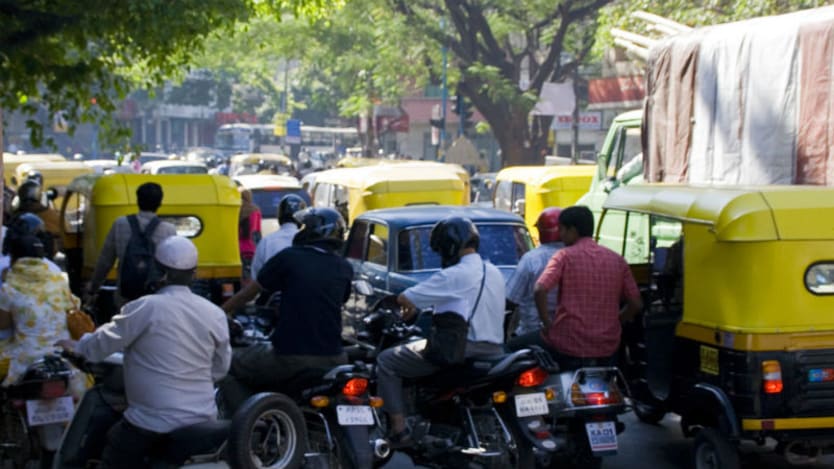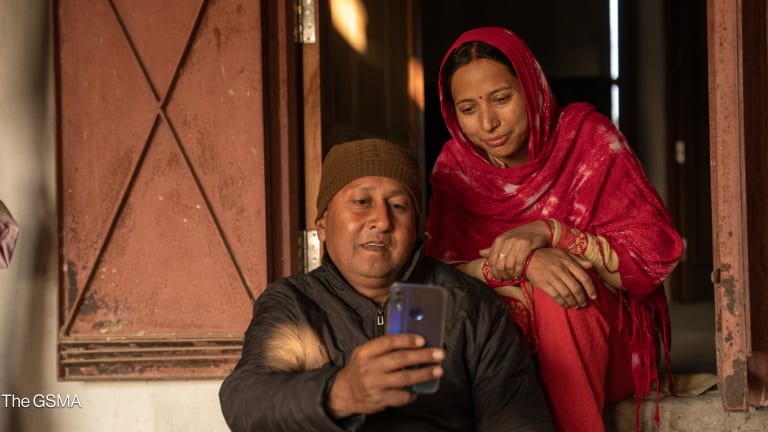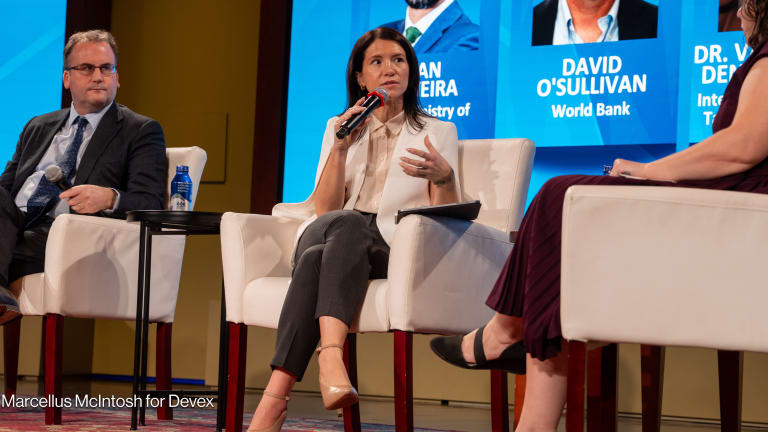
From New Delhi to Cairo, pedestrians and drivers have long suffered from poor road conditions with dangerous consequences. According to the World Health Organization, more than 50 million people are injured and one million killed on the roads each year, with 90 percent of road traffic deaths taking place in developing countries. Unsafe roads also have a global economic cost of nearly 5 percent of GDP annually.
Current approaches to improving road safety in developing nations aren’t working. Road investments and maintenance require resources that can far exceed the means of developing countries. Road safety strategies also require institutional capabilities that may not be readily available. Finally, data quality and availability on road safety represents a major challenge to the development and evaluation of any road safety policy.
So what else can we do about it?
Instead of seeking more hard-to-get resources, one solution can complement the current approaches by providing a handy source of data to make limited resources more effective.
Many mobile-based traffic applications have been spreading throughout the developing world. From domestic applications such as Bey2ollak in Egypt to Waze in over 60 countries, drivers have started building online communities to find their way around traffic. Citizens access mobile traffic applications to post updates about congested streets, warn drivers about dangerous roads, point out the location of accidents and inform others of the nearest location of car services. With only a smartphone and internet access, users are able to provide a substantial amount of real-time data on road safety.
These applications can also aid governments’ efforts to enhance road safety.
First, governments can prioritize the limited funds they have for road maintenance based on users’ reports while accounting for the number of reports to assess the severity of the situation and the quality of the data. Second, limited police forces and traffic personnel can be deployed more effectively based on the users’ reports on unsafe or crowded roads. Third, governments can also prompt application developers to send notifications to drivers such as warnings about bad weather. The inflow of data can also warn ambulances, track the progress of road safety over time and inform other approaches the government pursues to improve the state of road safety.
In order to implement this solution, governments in developing countries could partner with mobile application developers to build a low-cost platform to collect and analyze the mobile application data. This would take place in an environment that does not compromise the rights of the developers or the privacy of the users.
Although the data would only cover locations where the app users visit (making it most effective in middle-income developing countries) the potential benefits of the solution remain quite high as those countries account for 74 percent of the world’s road deaths. At Dalberg, we have studied many potential benefits of this proposed solution and compiled a set of policies for the development and implementation of the proposed technological solution, which can help governments carry it out and hopefully help save the valuable lives of citizens around the world.
Join the Devex community and access more in-depth analysis, breaking news and business advice — and a host of other services — on international development, humanitarian aid and global health.









